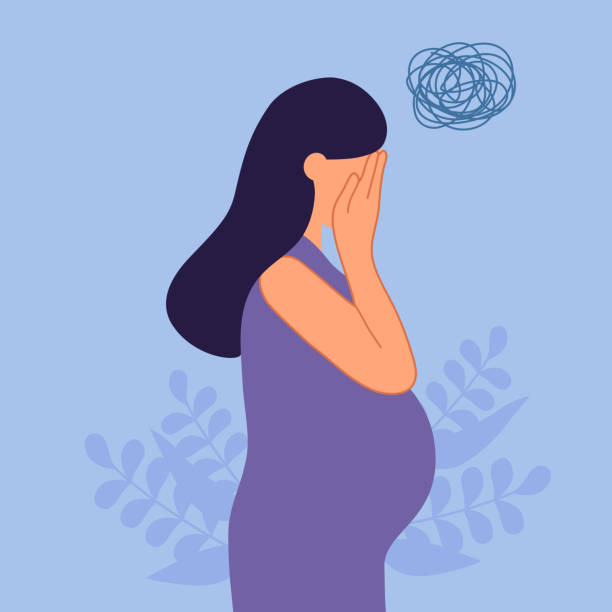
MATERNAL DEATHS IN QUESTION: Blaming us unfair; holistic approach needed to address maternal health issues, say doctors
Doctors stress on the need for comprehensive prenatal care to improve maternal health outcomes, reduce unnecessary C-sections
Bengaluru: At least five recent maternal deaths in Bellary have raised serious concerns about maternal prenatal care for women in Karnataka. In response to these alarming incidents, Dr Kamini A. Rao, a reproductive endocrinologist and the Founder of Dr Kamini Rao Hospitals, emphasised, "Maternal health outcomes are influenced by multiple factors beyond just the actions of doctors. Issues like drug quality, hospital hygiene, and infection control play a significant role. Blaming doctors alone is unfair, as they are caregivers, not managers of these systemic concerns.
Improving hygiene, ensuring quality checks on medication, and auditing maternal care practices are vital to addressing these issues effectively." Dr. Smrithi D. Nayak, Consultant - Obstetrics & Gynaecology at Aster RV Hospital, discussed the rising concerns surrounding C-sections in India. "India’s leading causes of maternal deaths include haemorrhage, hypertension, sepsis, and obstructed labour. Poor access to quality prenatal and postnatal care exacerbates these issues," she explained.
While C-sections can be lifesaving in emergencies, Dr. Nayak warned that excessive C-sections increase the risks of surgical complications, infections and future pregnancy issues, such as placenta accreta or uterine rupture. "For the baby, risks include respiratory problems and premature delivery," she added. The rising rates of Csections, according to Dr Nayak, are fueled by factors such as fear of labour pain, hospital policies prioritising convenience, financial incentives, and a lack of skilled midwives. Additionally, societal pressures related to “auspicious” delivery timings and poor education about natural births contribute to the growing reliance on C-sections. Dr Kamini Rao also pointed out that overuse of C-sections places a strain on healthcare resources, limiting opportunities for safer vaginal births.
"We need case-specific audits to determine the necessity of each Csection," she said, emphasising the importance of a comprehensive, multidisciplinary approach to address the rising trend. To tackle the issue, both doctors agree that a significant focus on strengthening prenatal care and promoting natural birthing practices is crucial. Dr Rao suggests that improving hospital hygiene, ensuring quality medication, and conducting random checks on drugs are necessary steps. "It is vital to take a holistic approach to maternal care, not just focusing on the delivery method but the overall health of the mother," she said. Education plays a key role in improving maternal health outcomes. Dr. Nayak and Dr. Rao both advocate for better education on balanced nutrition, exercise and maintaining a healthy BMI from a young age. "A healthy adolescent grows into a healthy mother," Dr. Rao stated, emphasising the importance of proactive health management even before pregnancy.
Educating young girls about proper nutrition and lifestyle habits can contribute significantly to reducing maternal morbidity and mortality. Dr Nayak added, "Policy changes to discourage non-medical C-sections and training healthcare providers to manage labour complications effectively are essential to improving maternal health outcomes."
 English daily published in Bengaluru & Doha
English daily published in Bengaluru & Doha






